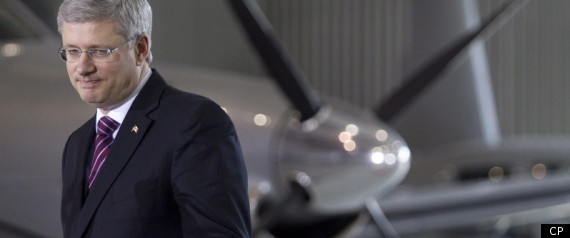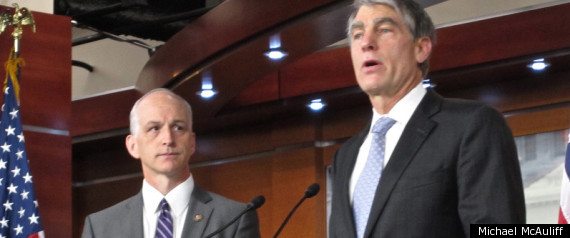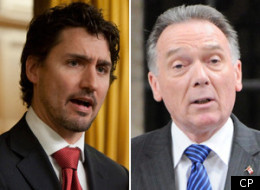In a cramped office in the Weston-Mt. Dennis neighbourhood, this question is put to young men taking part in a program designed to keep them from the trouble that comes with gangs, guns and drugs:
Do you think police have stopped, questioned and documented every young man of colour in this neighbourhood?
Known to police: Read the whole series
To a one, the young men agree that is the case in their part of town, one of 13 designated by the city as priority districts, and one where there had been a spate of homicides. (Scroll down for supporting graphics.)
“I am sure of it,” says Arnold Jeyabalan, 25, a case manager and employment counsellor with Prevention Intervention Toronto, the federally funded pilot project operating in this office off the lobby of an apartment building. The project closes at the end of March.
“At least once,” continues Jeyabalan, who grew up in Malvern, another of the city’s at-risk neighbourhoods, and has worked with youth in Weston-Mt. Dennis since 2007.
Do you think police have stopped, questioned and documented every young man of colour in this neighbourhood?
Known to police: Read the whole series
To a one, the young men agree that is the case in their part of town, one of 13 designated by the city as priority districts, and one where there had been a spate of homicides. (Scroll down for supporting graphics.)
“I am sure of it,” says Arnold Jeyabalan, 25, a case manager and employment counsellor with Prevention Intervention Toronto, the federally funded pilot project operating in this office off the lobby of an apartment building. The project closes at the end of March.
“At least once,” continues Jeyabalan, who grew up in Malvern, another of the city’s at-risk neighbourhoods, and has worked with youth in Weston-Mt. Dennis since 2007.

































